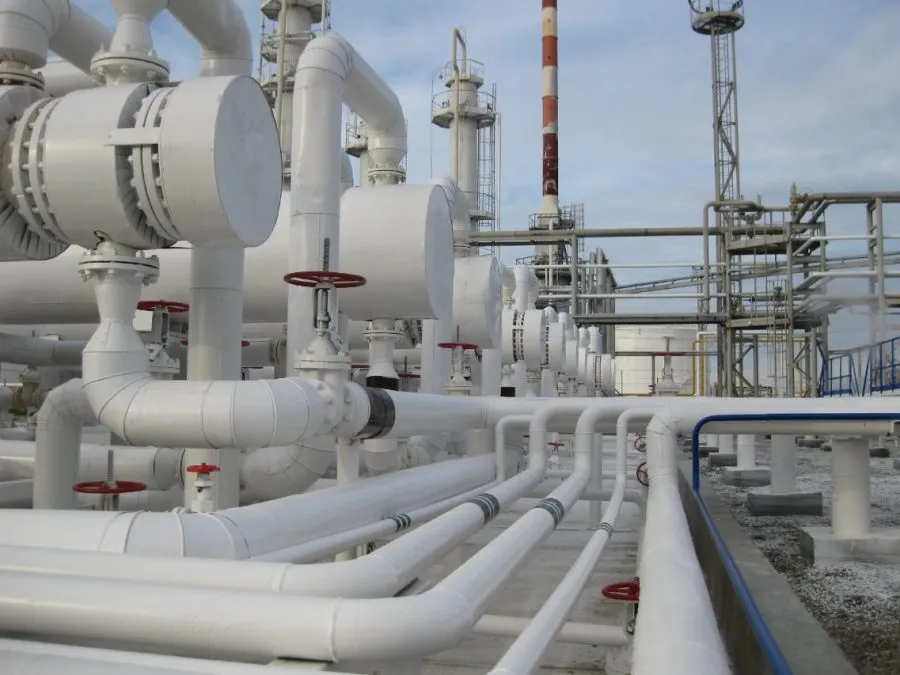Oil producers, represented by the Independent Petroleum Producers Group (IPPG), have voiced strong objections to being compelled to sell crude oil to the Dangote Refinery and other local refineries in Nigeria.
In a letter dated August 16, 2024, addressed to Gbenga Komolafe, Chief Executive of the Nigerian Upstream Petroleum Regulatory Commission (NUPRC), Abdulrazak Isa, Chairman of IPPG, argued that the Nigerian National Petroleum Company Limited (NNPC) should reallocate its intervention crude oil volumes to address the current shortage affecting local refiners. Isa emphasised that this volume of 445,000 barrels per day, historically used to import refined products, should now be dedicated to domestic refineries under a price hedge mechanism provided by a financial institution like Afrexim Bank.
Isa stated, “Historically, NNPC has always had an intervention crude oil volume (445kbopd) meant to satisfy the nation’s domestic consumption. This volume has always been used, under various swap mechanisms, to import refined products for domestic consumption.” He further clarified, “Since there is now domestic refining capacity to meet consumption, this dedicated volume should be reserved for all domestic refineries.”
He added, “Any national production above this allocated volume should be treated strictly as export volumes, adhering to the willing buyer, willing seller framework of the international market, especially since the refiners will need to export excess products that surpass domestic demand, thus boosting FX earnings.”
The IPPG expressed concerns about recent developments, including the domestic crude oil refining requirements and the crude oil production forecast for the latter half of 2024. The group criticised the approach of forcing crude supply nominations from members to the Dangote Refinery as conflicting with the Petroleum Industry Act 2021’s willing-buyer, willing-seller framework.
Isa asserted, “While we fully support and commend the efforts of Nigerian entrepreneurs to enhance domestic refining capacity, it is important that no private sector business is unduly pressured into arrangements that may effectively subsidise another within the oil and gas value chain under any guise whatsoever.” He further explained, “Under this willing-buyer, willing-seller framework, it is essential for refiners to negotiate and execute long-term crude oil Sales and Purchase Agreements with producers and their marketing agents.”
The IPPG also raised concerns about allocation letters received from NUPRC for the second half of 2024, stating that the current allocation methodology appears based on production forecasts and technical allowable rates rather than actual local consumption needs. This, they argue, could lead to inefficiencies and disadvantage producers.
The group called for transparency in the allocation process and requested NUPRC to provide detailed criteria and methodology. Isa expressed hope for an amicable resolution without compromising existing commercial agreements and business models.
Recent developments include President Bola Tinubu’s directive for NNPC to sell feedstock to local refineries in naira, with the Federal Government announcing that this arrangement will start in October. The Crude Oil Refiners Association of Nigeria (CORAN) has been pushing for crude supply contracts with operating refineries and conditional contracts for those under construction.
Dangote Group has recently accused international oil companies (IOCs) of obstructing crude supply to their 650,000-barrel-capacity refinery. The group alleged that IOCs preferred to sell crude through foreign agents, resulting in higher local prices. They also accused IOCs of prioritising Asian markets over local demand.
In response to claims of inadequate supply, NUPRC stated that it facilitated over 29 million barrels of crude oil to Dangote from January to June 2024. Dangote Group, however, denied receiving this quantity and asserted that only one cargo had been sourced from a domestic producer, with the rest coming from international traders.
Anthony Chiejina, spokesperson for the Dangote Group, clarified, “We received NUPRC’s statement about the allocation of 29 million barrels of crude oil, but we are yet to receive these cargoes. Aside from the term supply negotiated with NNPCL, so far NUPRC has only facilitated the purchase of one crude cargo from a domestic producer. The rest of the cargoes we have processed were purchased from international traders.”

